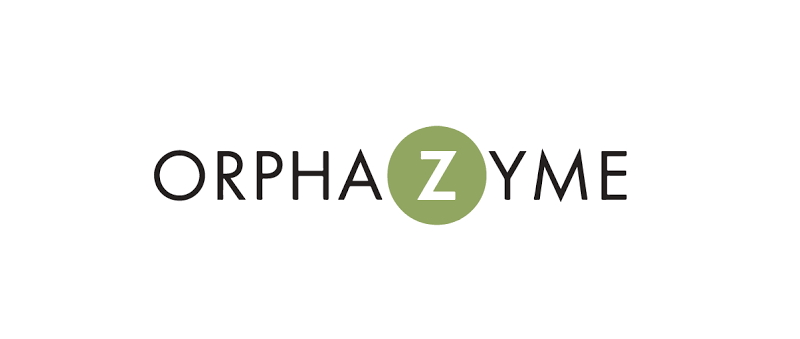Orphazyme 'looking at options' after lead drug hits buffers in EU

Orphazyme's hopes of getting EU approval for its Niemann-Pick disease type C (NPC) therapy arimoclomol after a rejection by the US FDA last year are dwindling fast.
The EMA's human medicines committee has told Orphazyme it is unlikely to recommend approval of arimoclomol for the ultra rare genetic condition at its next meeting in March, prompting the Danish biotech to assess its "strategic options."
Copenhagen-based Orphazyme was summoned to deliver an oral presentation in front of EMA advisors earlier this month, indicating that it would have to work to overcome reticence about the drug. It said afterwards it was "encouraged by the positive feedback of the ad-hoc expert group meeting."
That was clearly an optimistic assessment, as the company says it now sees no likelihood of the CHMP changing its position in the coming weeks.
In June 2021, the FDA also rejected the therapy, asking Orphazyme to provide additional data on the drug and sparking a cost-cutting drive at the biotech that was followed by the announcement of the departure of chief executive Christophe Bourdon to be replaced by Anders Vadsholt.
Earlier this month Orphazyme said it was making progress on a resubmission to the US regulator and was seeking a meeting to chart a way forward.
The news is also a major disappointment for patients with NPC, a progressive genetic disorder that leads to the accumulation of fatty substances in tissues and can cause a range of symptoms, including liver and lung disease and neurological impairment.
It can be diagnosed at almost any age from infancy to adulthood, and is a highly variable disorder, with some patients having devastating symptoms early in life and others reaching adulthood undiagnosed as the effects are relatively mild.
At the moment, the only approved treatment for people with mild to moderate NPC is miglustat, a drug originally developed by Actelion as Zavesca that is now available in generic form.
Orphazyme sought approval of arimoclomol on the strength of a single phase 2/3 trial involving 50 patients with NPC. The study linked the drug to an improvement in disease severity compared to placebo, but the FDA had reservations about the efficacy endpoint used in the trial.
Arimoclomol's original developer CytRx issued a statement saying it was disappointed by the outcome of the CHMP's deliberations, but added that the drug is a "non-core in/out license" and not one of its main assets.
In 2011, CytRx sold the rights to arimoclomol to Orphazyme in exchange for a one-time, upfront payment of $150,000 and up to a total of $120 million in milestone payments.
Arimoclomol was also being tested in another disease – inclusion body myositis (IBM) – but failed to move the needle in that indication in a phase 2/3 trial reported last year. It is Orphazyme's only clinical-stage project.











